Last month, we discussed the role tea played in the Revolutionary War. This month, we’re going to talk about another war that still had Britain’s love of tea as a central component of the Opium War. Sound intriguing? That’s because it is.
Britain’s Financial Woes Are Far from Over
As we mentioned in our previous post, the British people had fallen head over teacups in love with tea which, at the time, they could only import from China. Imported Chinese tea was expensive, and while England was turning out its pockets to buy Chinese tea, the Chinese were not so keen on buying anything from England. No “scratch my back and I’ll scratch yours” goin’ on here.
In addition to having a super-expensive tea habit, England was heavily in debt from the French and Indian War, the Seven Years’ War (also with France, but on European soil) and now the Revolutionary War. Imposing taxes on the American colonists had backfired as a source of revenue. Something had to be done.
Smuggling Opium into China
By the late 1700s, opium had become a big problem in China. So much so that in 1799, the Qing Dynasty Jiaqing Emperor issued an imperial decree banning imports of the drug. This was another blow to England’s income stream; the British East India Company, which had begun growing opium in Bengal, India, had been importing opium into China for several years through an elaborate trading scheme involving both legal and illegal methods. With the opium trade embargo, they would have to find ways to smuggle opium into China or lose this valuable revenue.
Since the East India Company’s ships could not carry opium to China, the opium they grew in Bengal was sold in Calcutta to small traders who smuggled it in. This practice went on for years and had a devastating effect on the Chinese people and economy. In 1799, when the Chinese opium trade ban was implemented, roughly 4,500 chests were being imported. By 1838, just prior to the First Opium War, illegal imports had risen to 40,000 chests. The Chinese government knew something had to be done.

The First Opium War
In 1839, the Chinese Daoguang Emperor, having rejected the notion of legalizing and taxing opium, oversaw the confiscation of some 20,000 chests of opium and ordered a blockade of foreign ships. In response, the British government sent a military force to China, and the Royal Navy used its superior ships and weaponry to attack and ultimately defeat the Chinese Empire.
What followed changed the course of Chinese history. In 1842, China was forced to sign the Treaty of Nanking that, among many favorable concessions for the British, included the ceding of Hong Kong to the British Empire. The treaty was the first step in opening the Chinese market to global commerce and the opium trade. The ease of the Chinese defeat and the concessions they were forced to make marked what became known as the “Century of Humiliation.” While critics condemned the actions of the British government in supplying opium to the Chinese people, others have argued that if it hadn’t been England and opium, some other country would eventually have engaged in a battle with China to get them to open their trade practices. Nevertheless, it is not one of the British Empire’s proudest moments in history.
(If you’re wondering about the Second Opium War, it was a war that saw the British and French fighting together against the Qing dynasty over issues dealing with the exporting of opium to China. It lasted from 1856-1860 and again resulted in defeat and further sanctions against China.)
Meanwhile, Back at the Tea Ranch
During all this, the East India Company had been working on an alternate plan to source tea from somewhere other than China. So, Great Britain sent industrial espionage agents to China, of course, to steal tea plants and see if they could be grown in their new colony of India. (For a great read about this act of tea espionage, read For All the Tea in China written by our friend Sarah Rose. The Washington Post said, “If ever there was a book to read in the company of a nice cuppa, this is it.”) After much trial and error, by the end of the 19th century they had established immense plantations in the Indian substates of Darjeeling and Assam as well as the small island of Ceylon (now called Sri Lanka). Those same plant-stealing envoys also unobtrusively observed the Chinese ancient methods of growing, harvesting and shaping small batches of tea entirely by hand, but eventually devised more efficient, mechanical ways to make teas that revolutionized the tea industry.

These new Indian plantations proved such a success that by 1906, the British were buying from China only five percent of the tea they had bought 30 years before. There’s some irony in the fact that a war that was brought about in good measure over the fact that buying tea from China was a crippling expense… and just a few decades later the British were growing and buying their own.
So… the next time you make a cup of a Chinese black tea like Golden Monkey, a lovely Indian tea like Organic Assam, Orange Pekoe or Darjeeling, or a classic like English Breakfast, remember the role tea played in the Revolutionary and Opium wars. Saluting your cup or tin is optional.



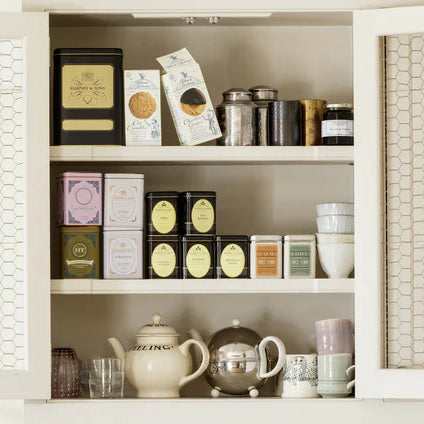
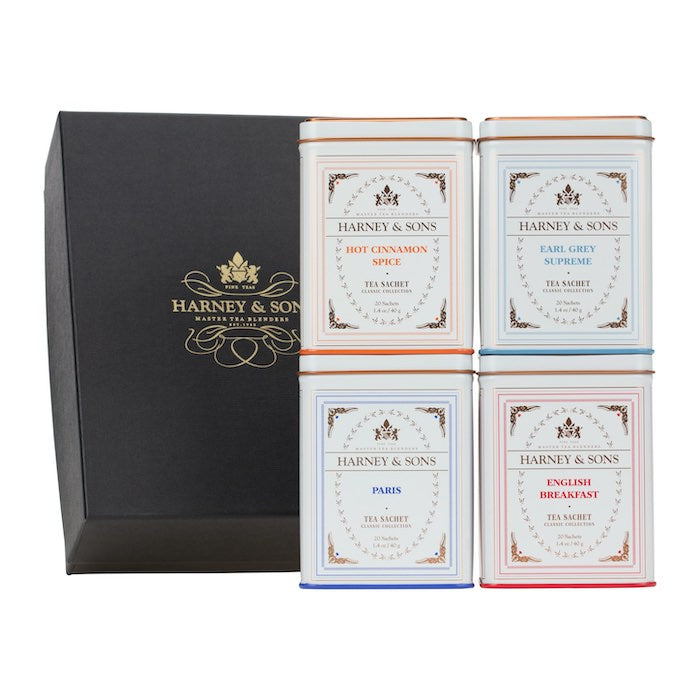
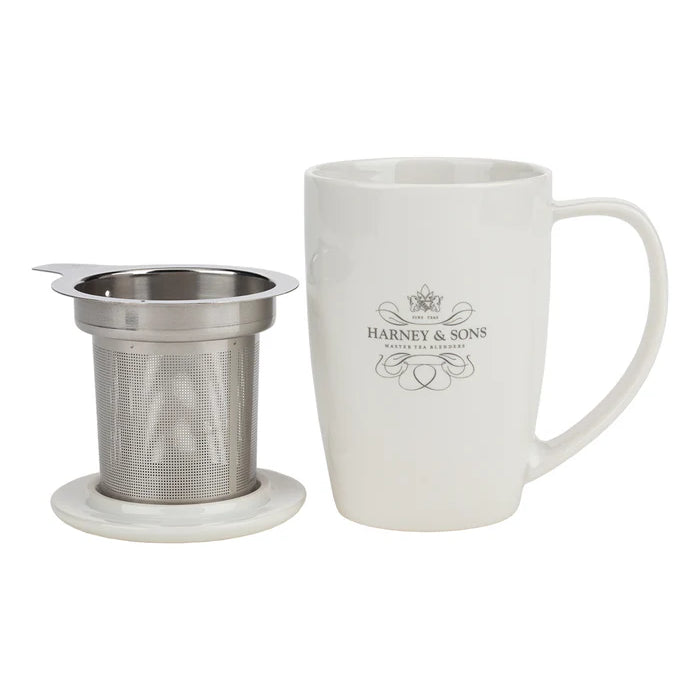
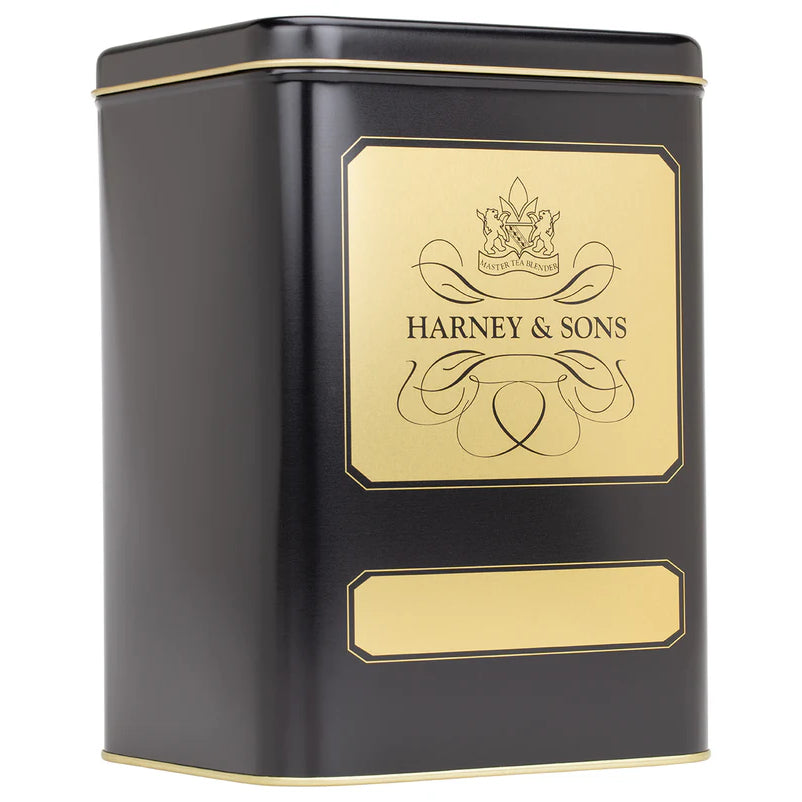
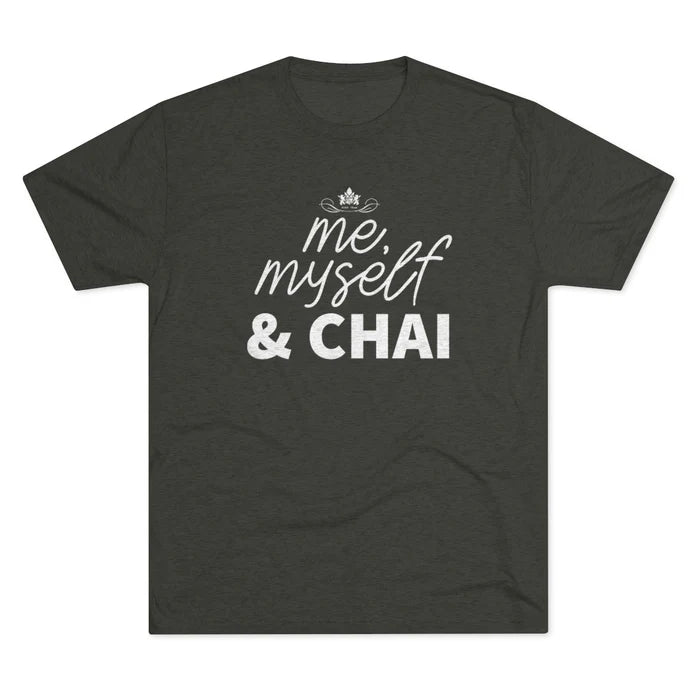
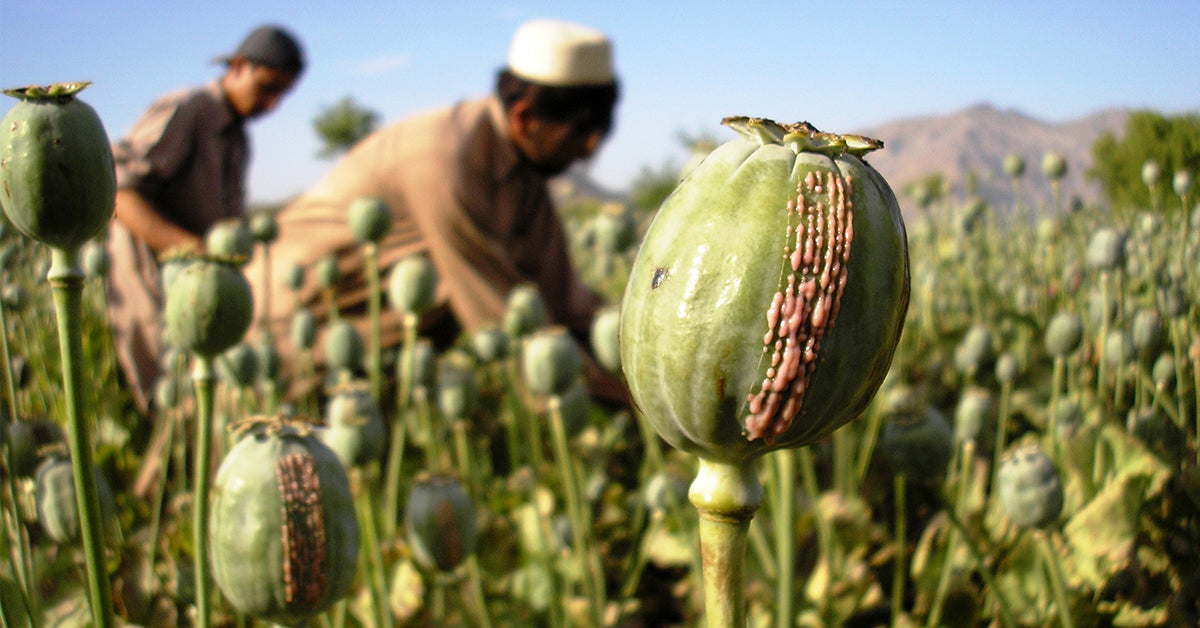
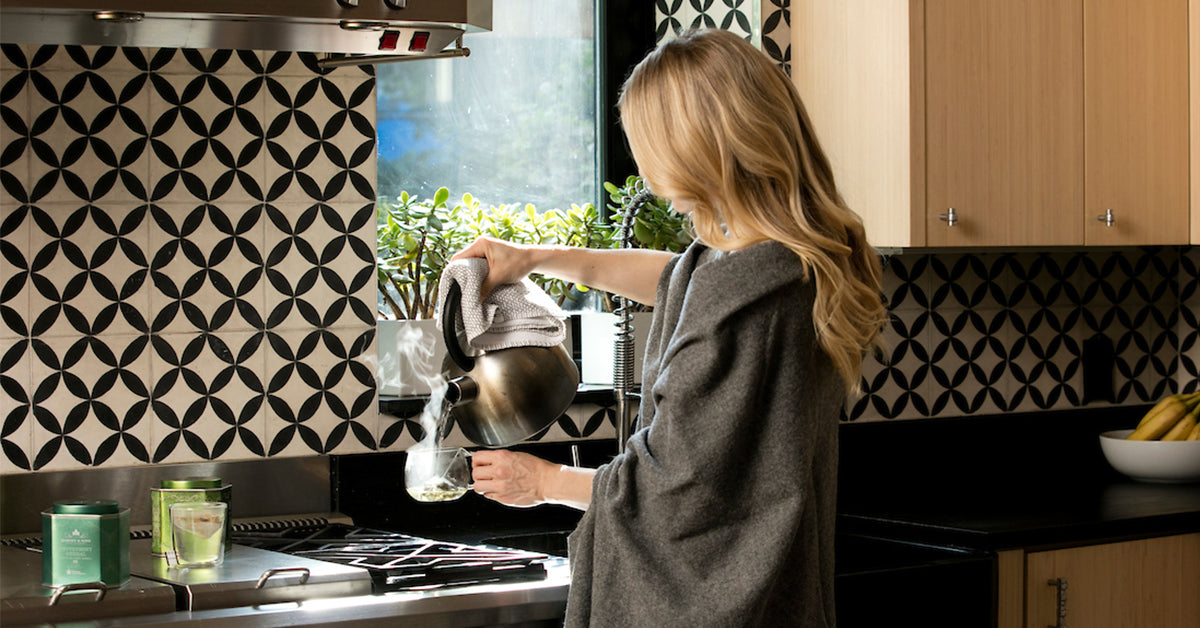
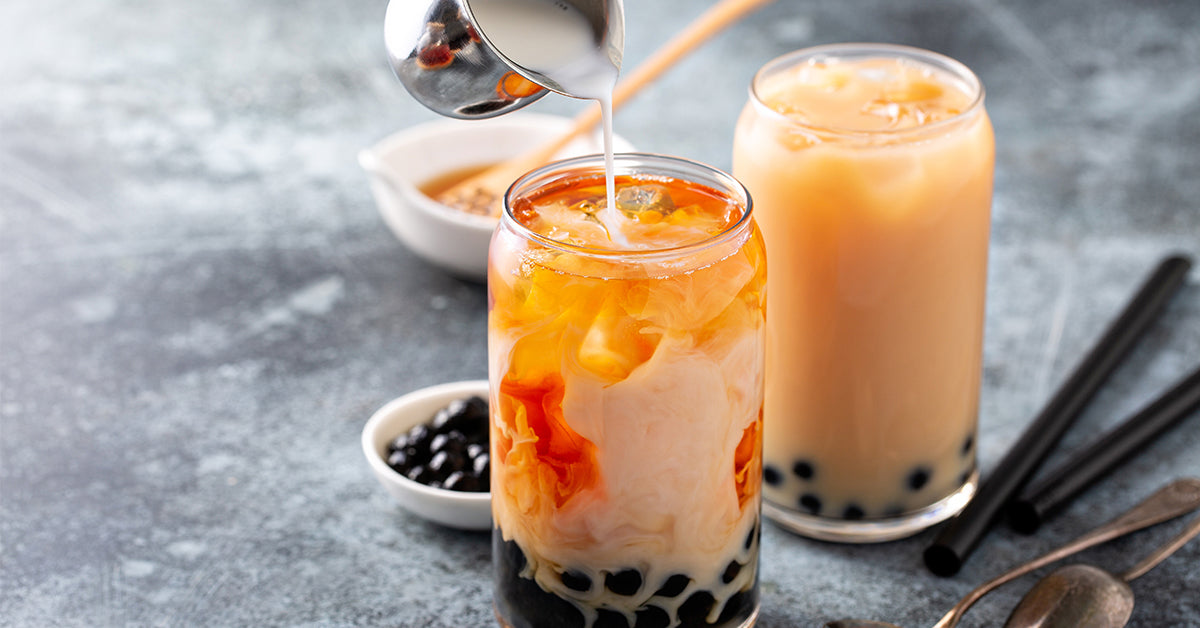
7 comments
Rachel Davis
I really appreciate these history articles, please post more! Harney is my absolute favorite and have been enjoying for years now, so thank you.
I really appreciate these history articles, please post more! Harney is my absolute favorite and have been enjoying for years now, so thank you.
Ana
Love you guys. Have enjoyed tea my entire life. Had to give up coffee a few years back for health reasons, so now I drink even more cups of tea. Harney & Sons is my absolute fave!! My second choice is from a stand at the local Farmers Market, but I really think that one is just my excuse to visit the Farmers Market. Love your blog, love your tea.
Love you guys. Have enjoyed tea my entire life. Had to give up coffee a few years back for health reasons, so now I drink even more cups of tea. Harney & Sons is my absolute fave!! My second choice is from a stand at the local Farmers Market, but I really think that one is just my excuse to visit the Farmers Market. Love your blog, love your tea.
Kyle M Dietrich-Hughes
Love these history articles. Please keep them coming.
Love these history articles. Please keep them coming.
Guy Rainsford
My family and I are missionaries in Kenya and I love tea, as does my 14 year old daughter who has been drinking morning and 4 o clock since she was 5. Needless to say we have drunk lots of Kenyan tea. My treat is to buy some Harney’s tea when I visit the States. I was in Barnes and Noble several years ago and came across Sarah Rose’s book. I was spell bound by the story. It’s an amazing story. I have shared the book with several friends and told the story to others. How tea could change so much is amazing. Great read. You should sell her book on your site. Thanks for selling great tea.
My family and I are missionaries in Kenya and I love tea, as does my 14 year old daughter who has been drinking morning and 4 o clock since she was 5. Needless to say we have drunk lots of Kenyan tea. My treat is to buy some Harney’s tea when I visit the States. I was in Barnes and Noble several years ago and came across Sarah Rose’s book. I was spell bound by the story. It’s an amazing story. I have shared the book with several friends and told the story to others. How tea could change so much is amazing. Great read. You should sell her book on your site. Thanks for selling great tea.
Mary Alice Orito
Glad you’re interested in history and the role that product plays. I enjoy your blog immensely and well, nutty about your tea…keep up the good work.
Glad you’re interested in history and the role that product plays. I enjoy your blog immensely and well, nutty about your tea…keep up the good work.
Leigh Ruhlen
Many interesting facts new to me. Enjoyed the drawing and tea making photo!
Many interesting facts new to me. Enjoyed the drawing and tea making photo!
Patricia Edwards
Love these fascinating history lessons! Will also order For All the Tea in China as suggested. Can’t wait to read it with some darjeeling! Thanks for a great read!
Love these fascinating history lessons! Will also order For All the Tea in China as suggested. Can’t wait to read it with some darjeeling! Thanks for a great read!